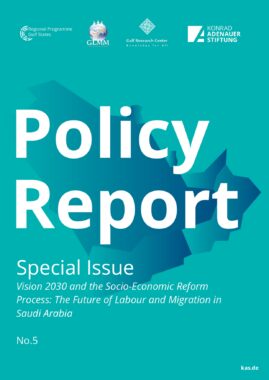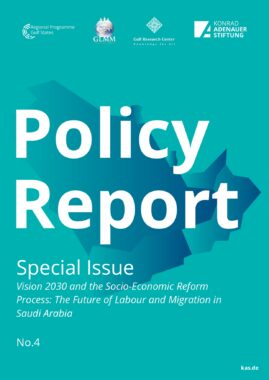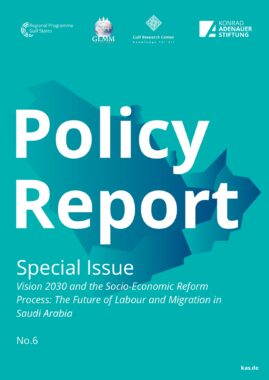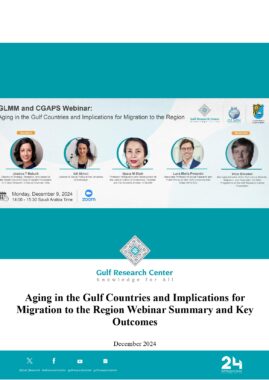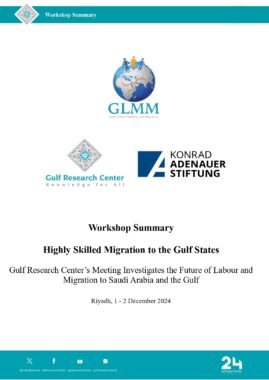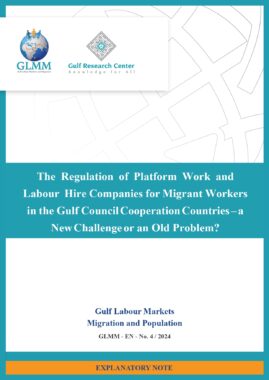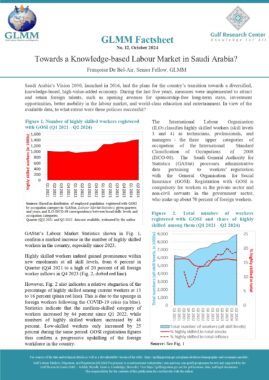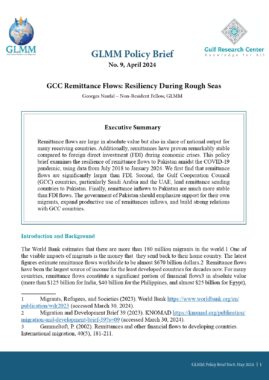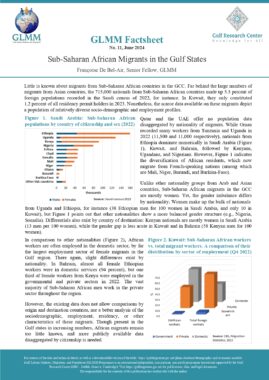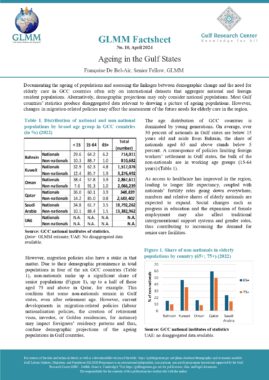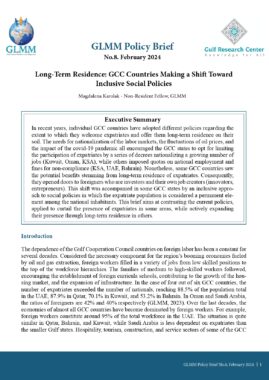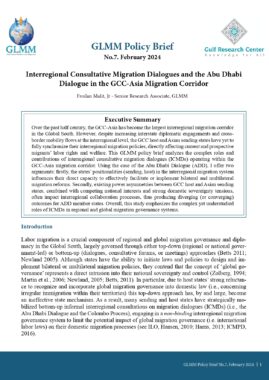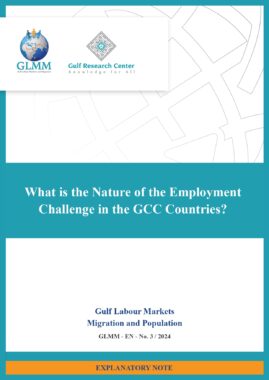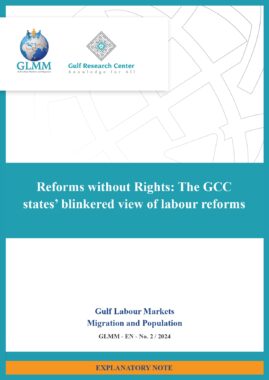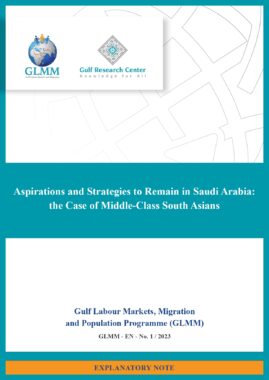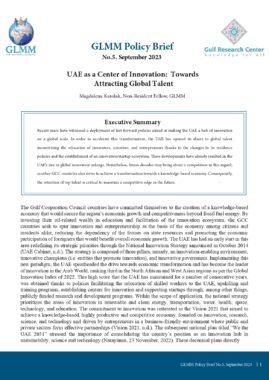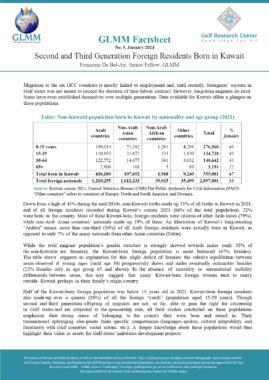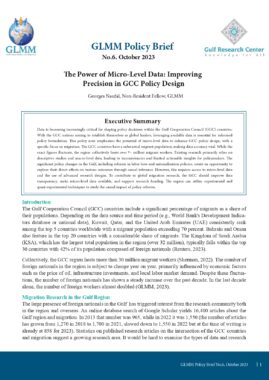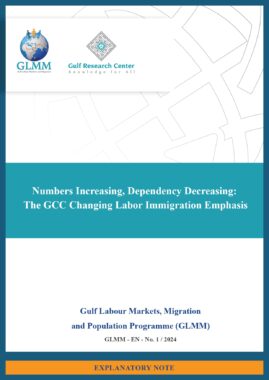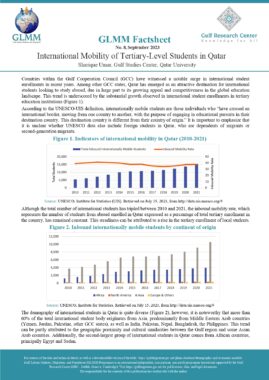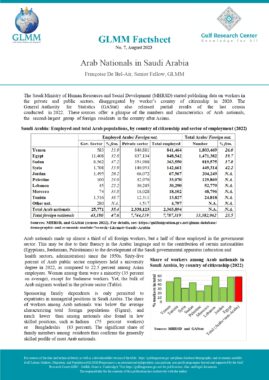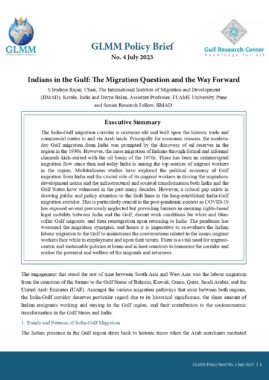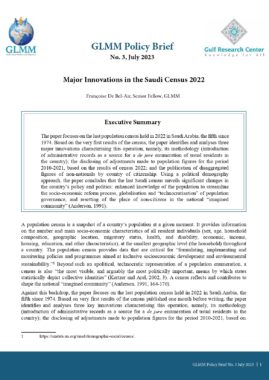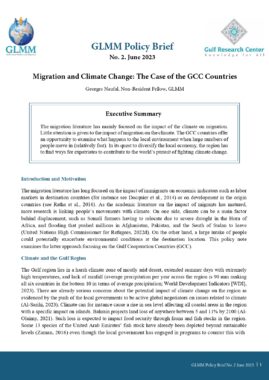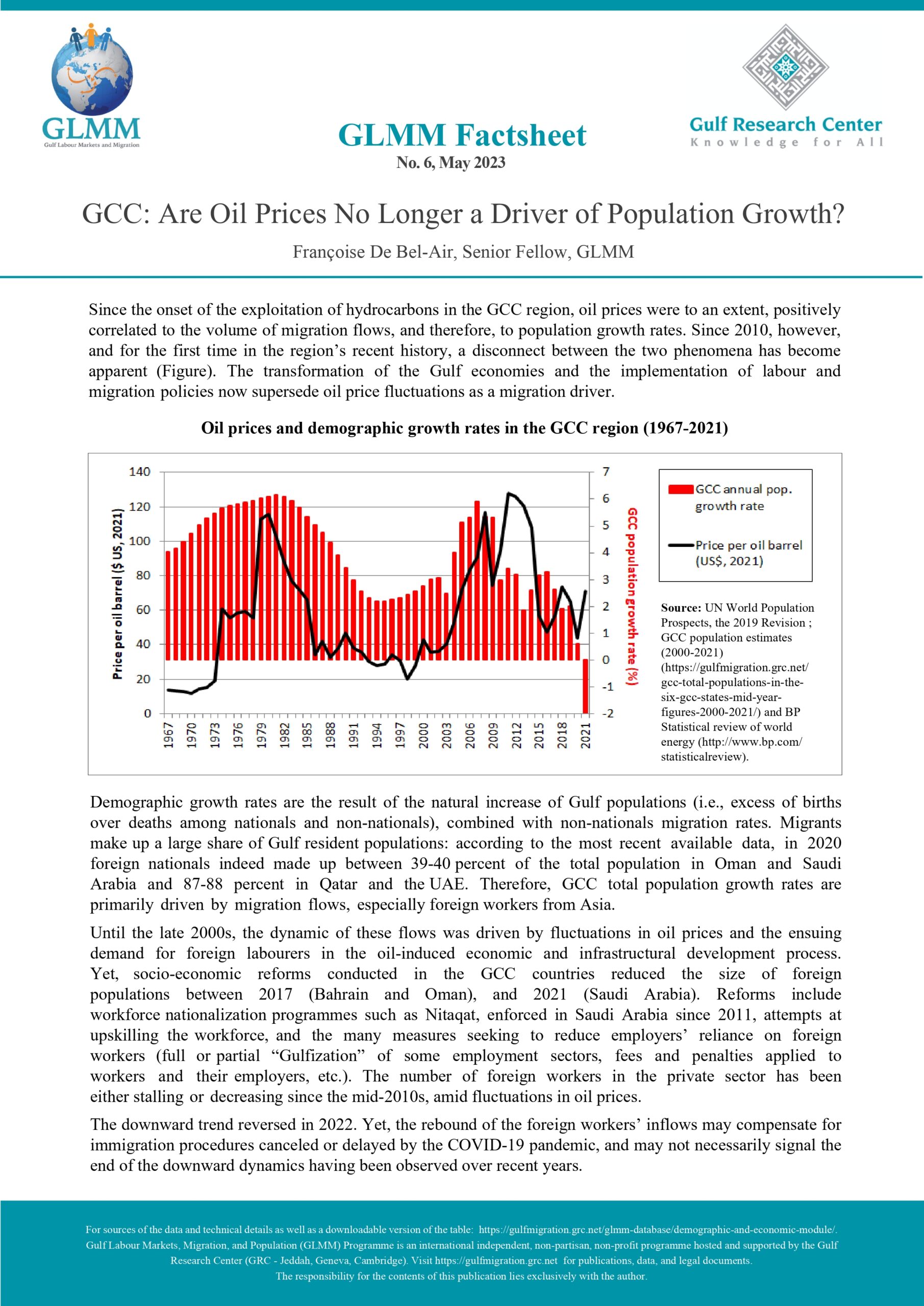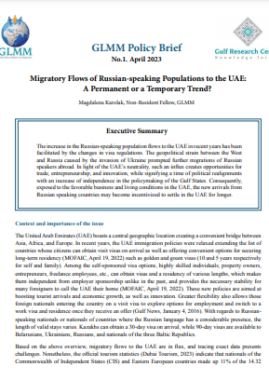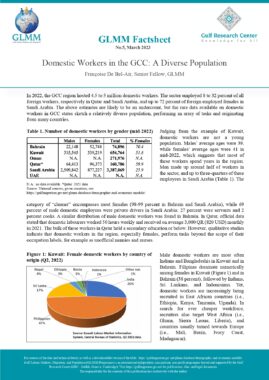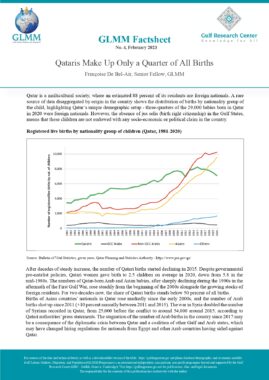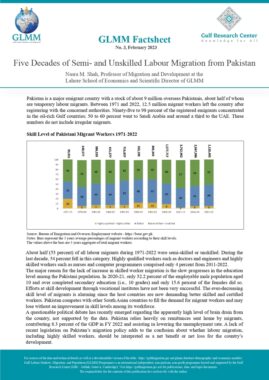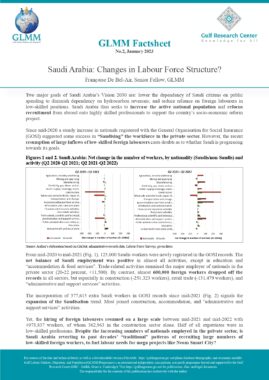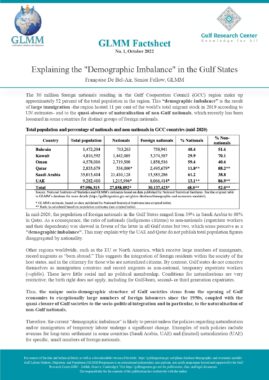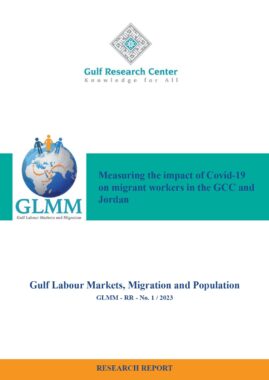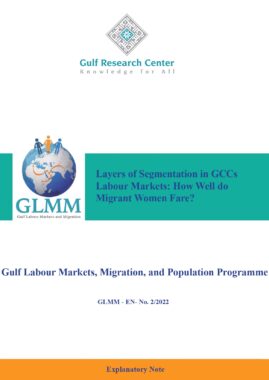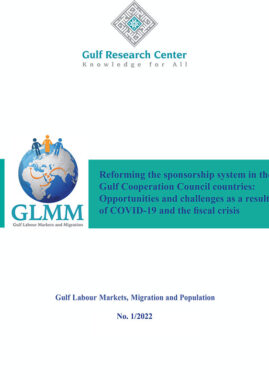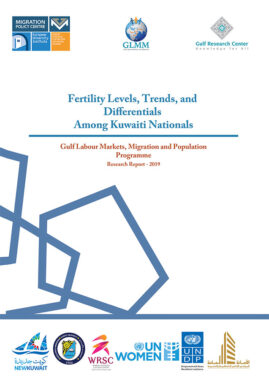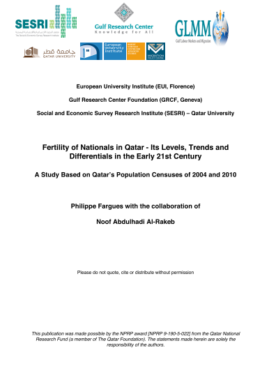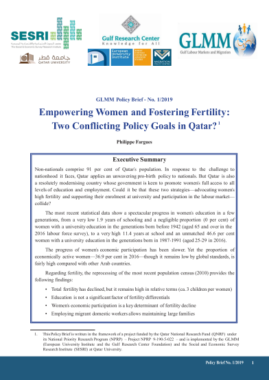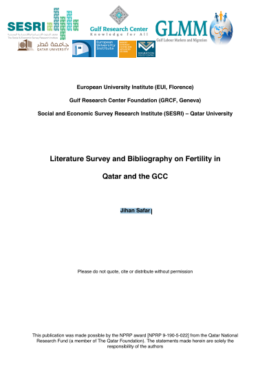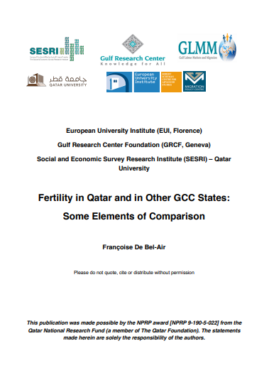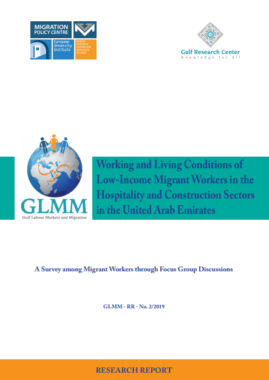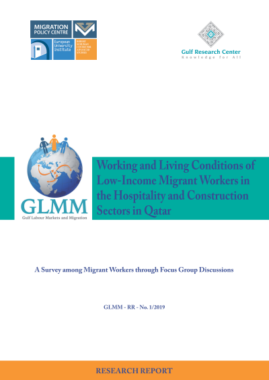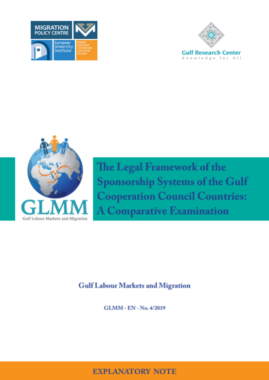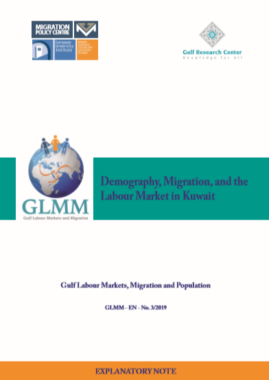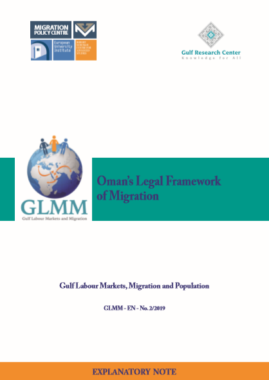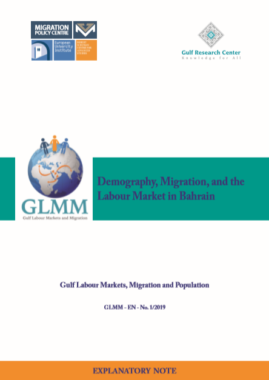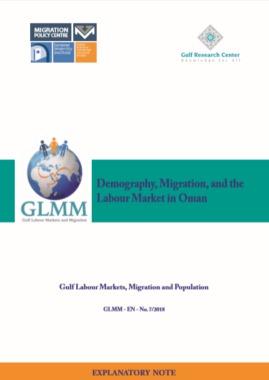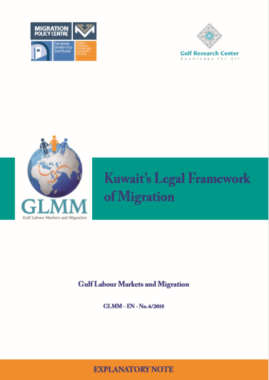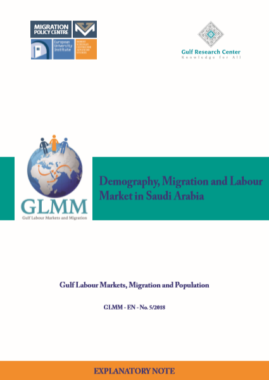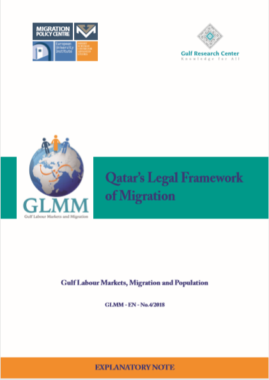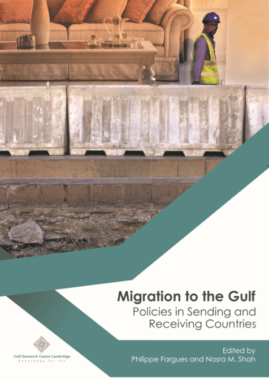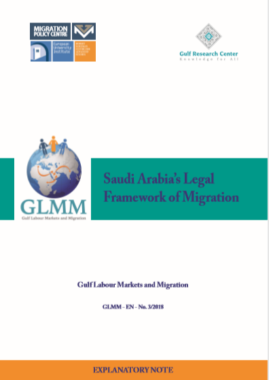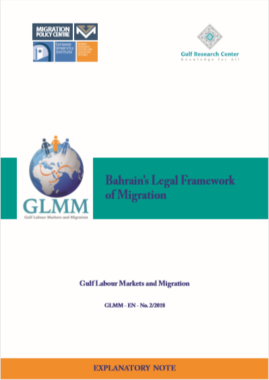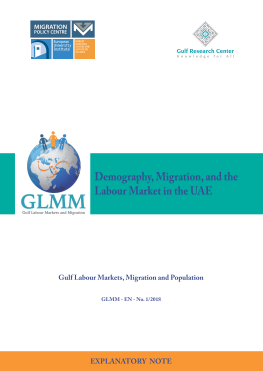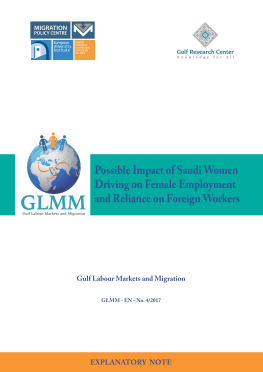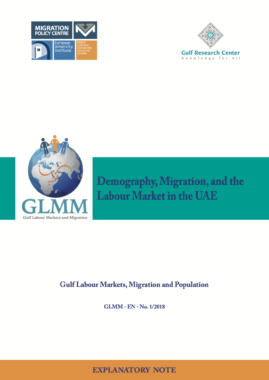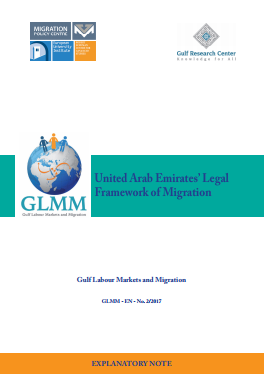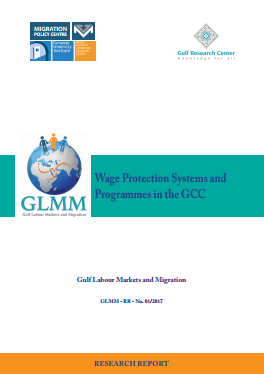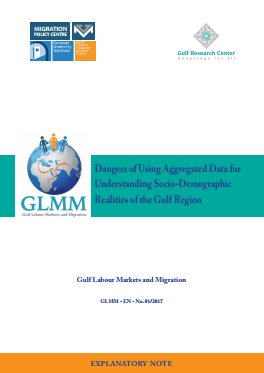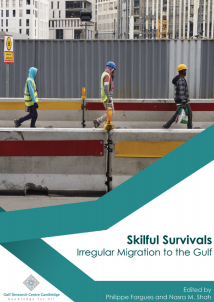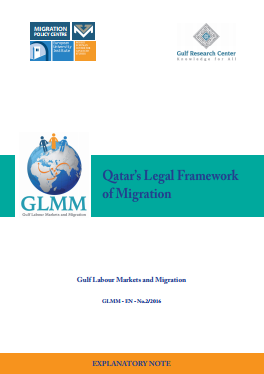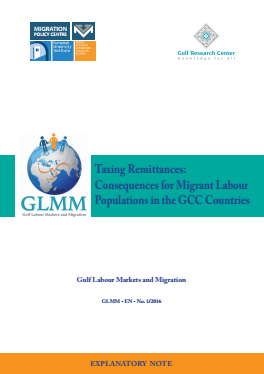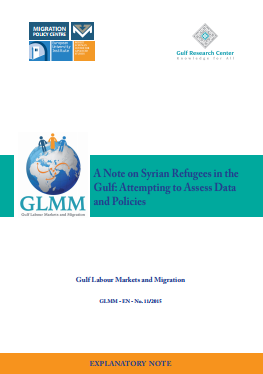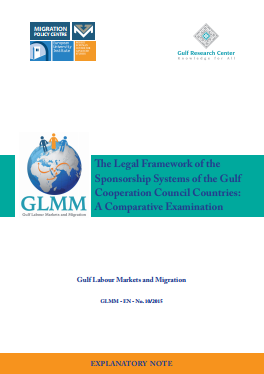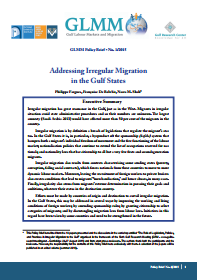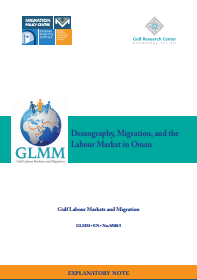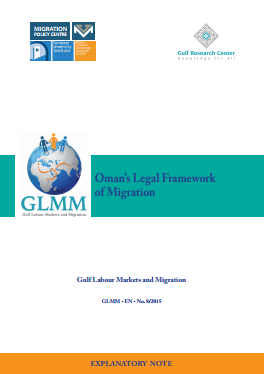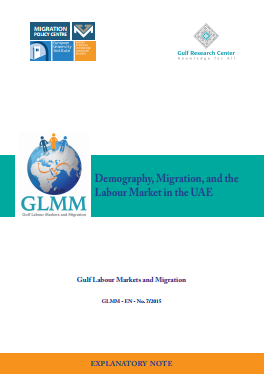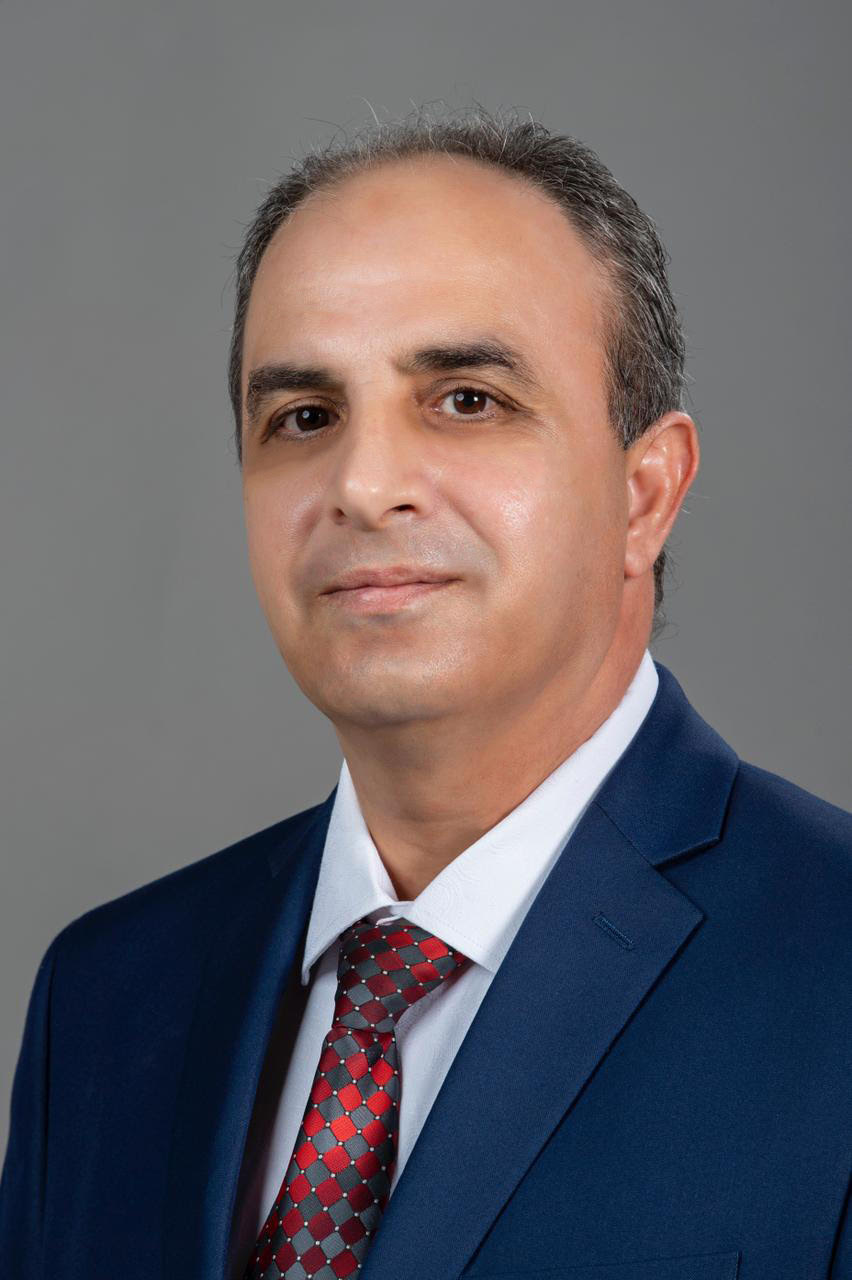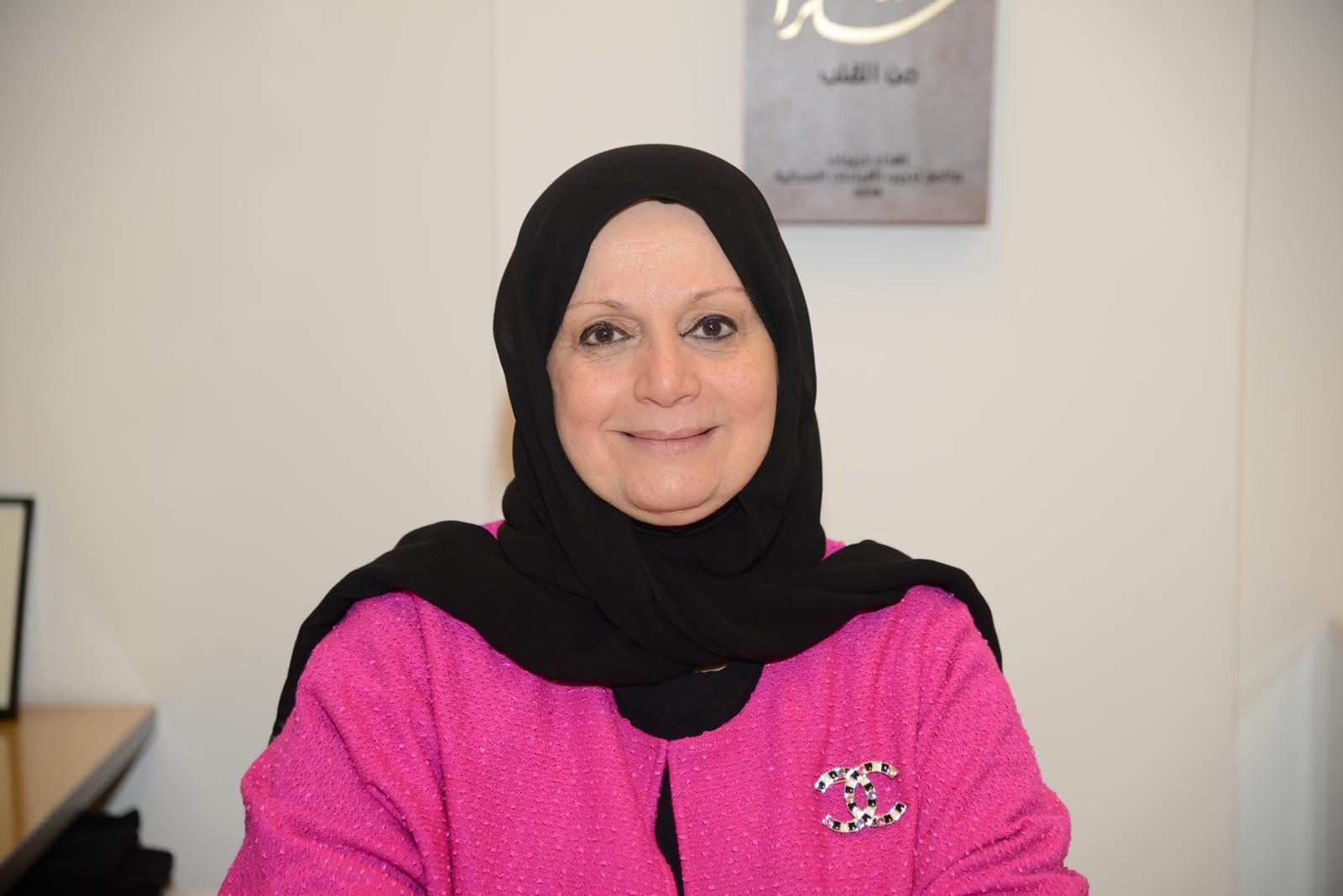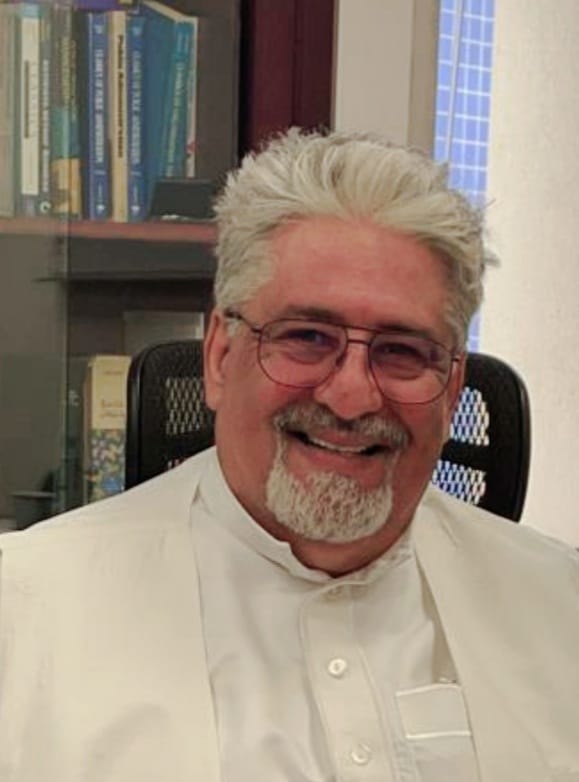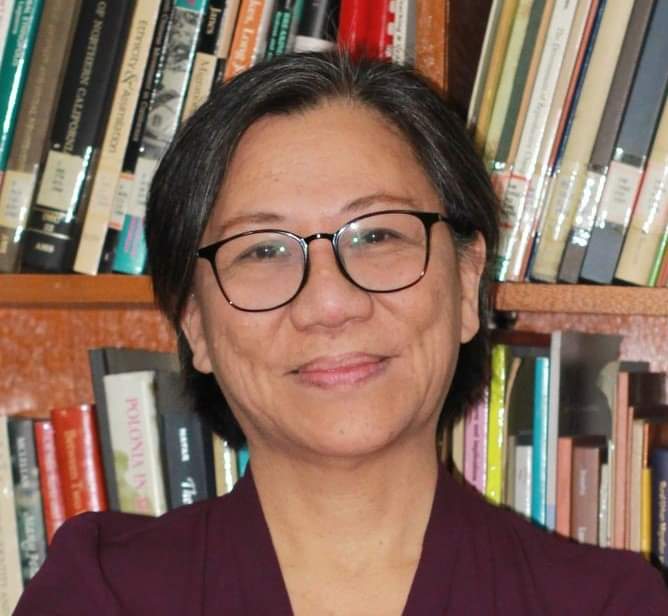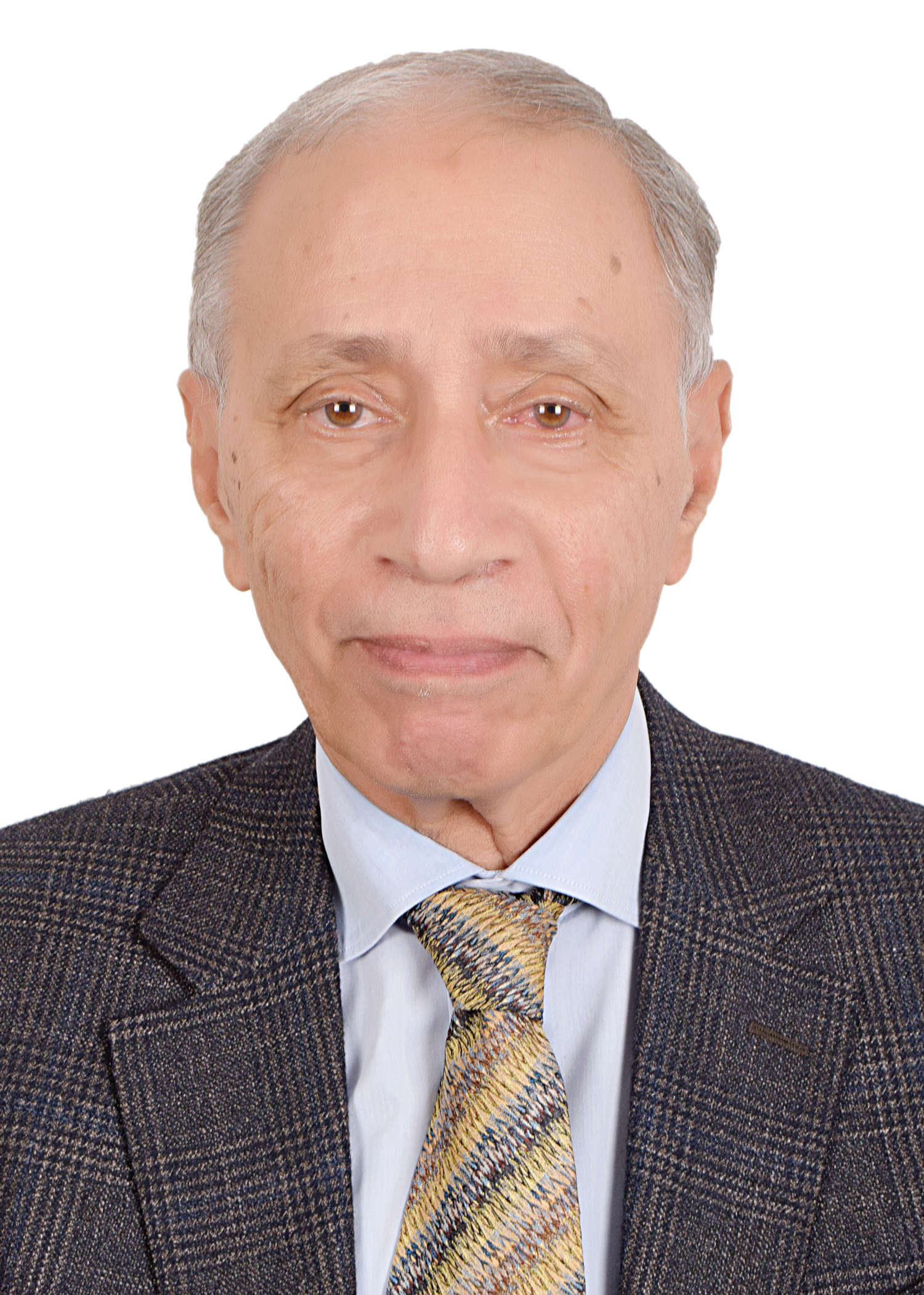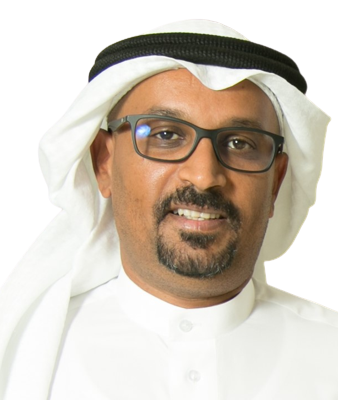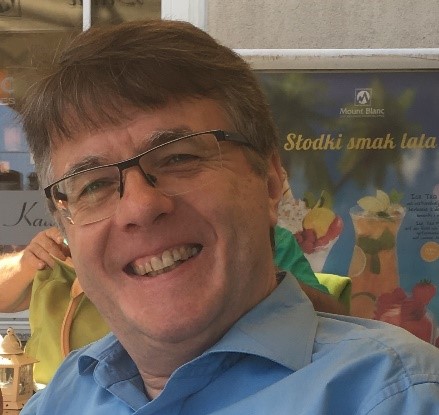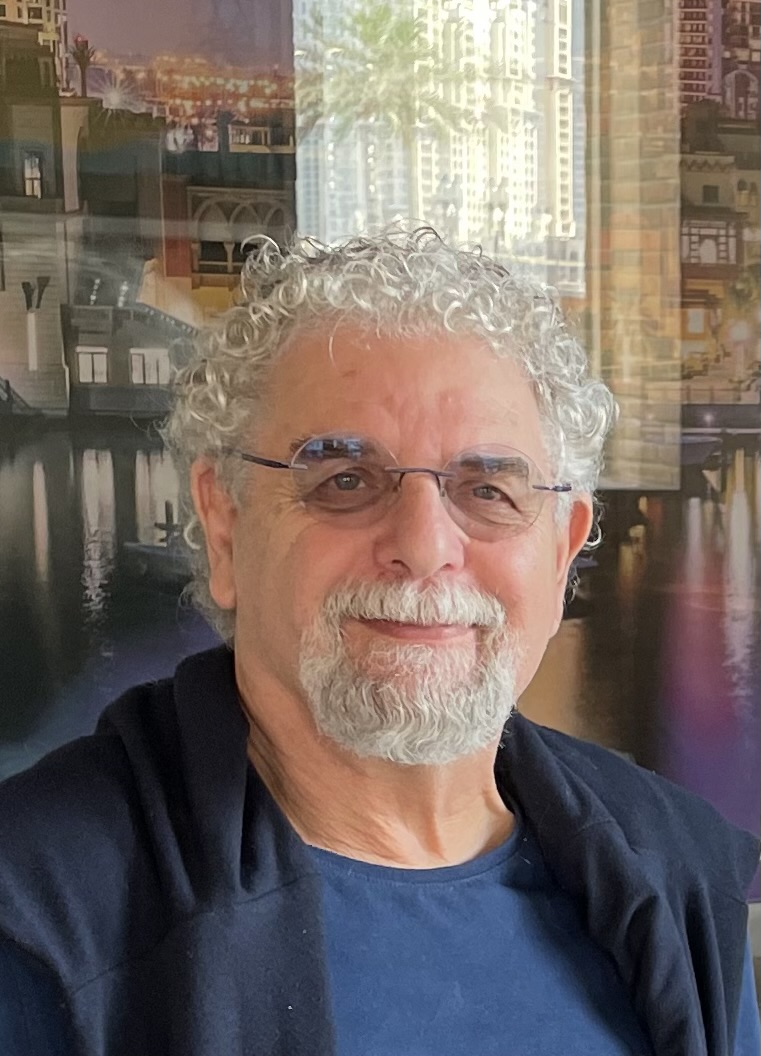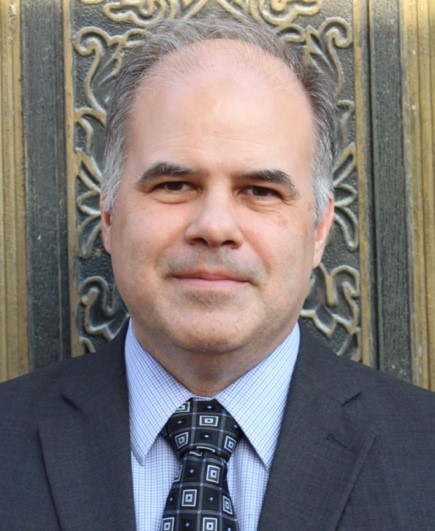Advisory Board
Dr. Mouawiya Al Awad is currently the director of the Institute of Social & Economic Research (ISER). Previously, the acting director of the Institute for Community Engagement (ICE) and the director of the Confucius Institute at Zayed University in Dubai, an economic advisor at Dubai Economic Council, the director of the Centre for Labor Market Research and Information at the National Human Resource Development & Employment Authority (Tanmia), and a Professor in Economics and International Finance at the American University of Technology (Lebanon) and an associate professor at the UAE University (UAE). Research interests focus on economic development, socioeconomic aspects of developments, macroeconomics, international finance, labour economics, migration, applied econometrics and statistics. Editor-in-Chief, International Journal of Entrepreneurship, member of Editorial Board, Journal of World Economic Research and Journal of Global Entrepreneurship Research. Member of the International Society for Development & Sustainability, the IFO World Economic Survey expert group and the Arab Council for the Social Sciences. He has a Ph.D. in Economics and an extensive research capability in UAE and Gulf economies on macroeconomic and sectors levels as well as on related issues such as population, education, labour, human development, and competitiveness.
Dr. Lubna Ahmed Al-Kazi graduated from the University of Texas at Austin, USA with a Ph.D. in Demography and Sociology. She is an Associate Professor at Kuwait University in the Sociology Department. She is the founder and director of the Women’s Research and Studies Center (WRSC), which was established in September 2010 in coordination with the Supreme Council for Planning and Development (SCPD), Kuwait and Kuwait University. WRSC has organized leadership training at the regional level and national level as well as numerous workshops to empower women in partnership with UN Women and UNDP. WRSC is presently in charge of implementing the gender component of the Kuwait National Development Plan and the Vision 2035 of New Kuwait. It is also implementing the UN Goal SDG 5 on Gender Equality in partnership with the SCPD and UN Women and UNDP. She has been in the Kuwaiti delegation for CEDAW and UPR sessions in Geneva numerous times to speak on Women’s status in Kuwait. She is a member of the Permanent National Committee on Human Rights. She spoke about Kuwait’s achievement on SDG5 at the 63rd CSW session at the United Nations, New York in 2019. She spoke about Women’s rights at the UPR in January,2020 and also at the first Human Rights Dialogue at the European Union in February 2020. She is presently the deputy head of the Committee “Women and Business Affairs “formed by the to implement Women’s Economic Empowerment reviewing the labour law for the private sector and increasing women in leadership. She is also on the Women’s Empowerment committee under the Higher Council of Women’s Affairs, Kuwait.
Dr. Fahad L. Al Ghalib Al Sharif is a Senior Research Fellow at the King Faisal Center for Research and Islamic Studies (KFCRIS). He joined KFCRIS in October 2016. Before joining KFCRIS, he worked as an independent consultant at various public and private agencies. He obtained his Ph.D. in Political Economy from University of Exeter, his MSc in Administration specializing in Management from Lindenwood University, and his BSc in Business Administration from University of San Francisco. Current research interests include International Studies, Public Policy, Labour Migration, Tourism, Education, Empowerment of Women, and the Saudi Labour Force. Between 2017 and 2018, he conducted a research project entitled “Skill Development and Job Creation in Saudi Arabia: An Assessment of King Abdullah Scholarship Program (KASP) in Light of the Saudi National Transformation Program” with Abdul Ghaffar Mughal and Ina Ganguli with a research grant provided by the Saudi Human Resources Development Fund (HRDF) and John F. Kennedy School of Government at Harvard University (Harvard Kennedy School).
Maruja M.B. Asis is Director of the Scalabrini Migration Center(SMC), based in Manila, Philippines, and Editor of the Asian and Pacific Migration Journal (APMJ). She is a sociologist (Ph.D.) with more than thirty years of research experience on international migration and social transformation in Asia. Her research and publications explore the themes of gender, family and migration; migration and development; and migration governance. She has served as a member of various expert groups, advisory committees and scientific committees on policy, research and advocacy issues related to international migration.
Ibrahim Awad is at present Professor of Practice of Global Affairs and Director, Center for Migration and Refugee Studies, School of Global Affairs and Public Policy, at the American University in Cairo. He holds a BA degree in political science from Cairo University and a PhD degree in political science from the Graduate Institute of International Studies, University of Geneva, Switzerland. He has worked for the League of Arab States, the United Nations and the International Labour Organization, holding positions of Secretary of the Commission, UN-ESCWA, Director, ILO Sub-regional Office for North Africa and Director, ILO International Migration Programme.
He currently is Chair of the Labor Migration Working Group of the Global Knowledge Partnership on Migration and Development (KNOMAD), hosted by the World Bank, Chair of the Steering Committee of the Euro-Mediterranean Research Network on International Migration (EuroMedMig), member of the Advisory Board of the Center on Forced Displacement, Boston University, and Senior Fellow at the Migration Policy Centre (MPC) of the Graduate Institute of International and Development Studies in Geneva. He also serves on the editorial boards of several academic journals.
His recent publications include: “A Perspective from the Global South on Concepts in Migration Studies”, Ethnic and Racial Studies, DOI: 10.1080/01419870.2022.2142477; “On Occasion of the Pandemic: Reflections on Egyptian Labour Migration”, International Migration, Volume 59, 2021; “The Return of Refugees and Reconstruction in Syria”, in Area Studies: New Realities, New conceptions, edited by Tim Niblock, Yang Guang and Zhou Yan. Beijing, Tsinghua University Press, 2020, pp. 197-224; “The United Nations: Tensions, Progress and Failings”, Cairo Review of Global Affairs, No. 39, Fall 2020; “End of War but Not of Conflict”, Cairo Review of Global Affairs, No. 34, Summer 2019 (with Amr Adly and Muhammad Alaraby); “Egyptian Labour Migration in the Arab Middle East”, in India’s Low-skilled Migration to the Middle East. Policies, Politics and Challenges, edited by S. Irudaya Rajan and Prem Saxena. Singapore, Palgrave Macmillan, 2019 (with Lina Lotayef); “International Migration in the Euro-Mediterranean Region”, Cairo Papers in Social Science, Volume 35, No.2, 2019 (Guest Editor); “Migration Myths and the Global South”, Cairo Review of Global Affairs, No. 30, Summer (With Usha Natarajan); “The Challenge of Global Governance in the Sustainable Development Agenda”, in Sustainable Development Goals. Goal 16: Peace and Justice and Strong Institutions, edited by Paloma Durán La Laguna and Cástor Miguel Díaz Barrado. Toronto, Thomson Reuters, 2018; The Multiple Levels of Governance of International Migration: Understanding Disparities and Disorder. AJIL Unbound, 111, 153-158. doi:10. 1017/aju.2017.36; “Egyptian Irregular Migration in the GCC Countries”, in Skillful Survivals: Irregular Migration to the Gulf, edited by Philippe Fargues and Nasra M. Shah. Fiesole, European University Institute, 2017 (with Nourhan Abdelaziz)
Ph.D. researcher in Modern Slavery and Forced Labour. He is a Manager of Labour affairs in the Executive Bureau of the Council of Ministers of Labour in the GCC States. He wrote, edited, and supervised papers, articles and reports on Forced Labour and Human Trafficking and Labour Markets in the GCC. Che is coordinator and member of the GCC states group in the travaux preparatoires of the ILO Protocol on Forced Labour. Member of the ILO Migration Advisory Group (MAG) and a Senior Consultant with the Humanity Research Center (HRC).
Ryszard Cholewinski is Senior Migration Specialist in the International Labour Organization (ILO) Regional Office for Arab States, based in Beirut, Lebanon, having previously worked at ILO Headquarters in Geneva (2010-2017) and with the International Organization for Migration (IOM) (2005-2010).
He oversees ILO’s labour migration work in the Arab States region relating to policy and technical assistance, research, and development cooperation, in close collaboration with ILO Geneva, field offices in Africa and Asia, as well as ILO’s tripartite constituents comprising governments, employers’ and workers’ organizations, with a view to advancing ILO’s fair migration agenda.
He is a lawyer by training with 13 years of previous experience (1992-2005) in an academic setting in the School of Law at the University of Leicester in the United Kingdom where he was a Reader in Law. He is the author of Migrant Workers in International Human Rights Law: Their Protection in Countries of Employment (Oxford University Press, 1997) and has published widely on international labour migration, international law relating to migrant workers, and various aspects of European Union migration law and policy.
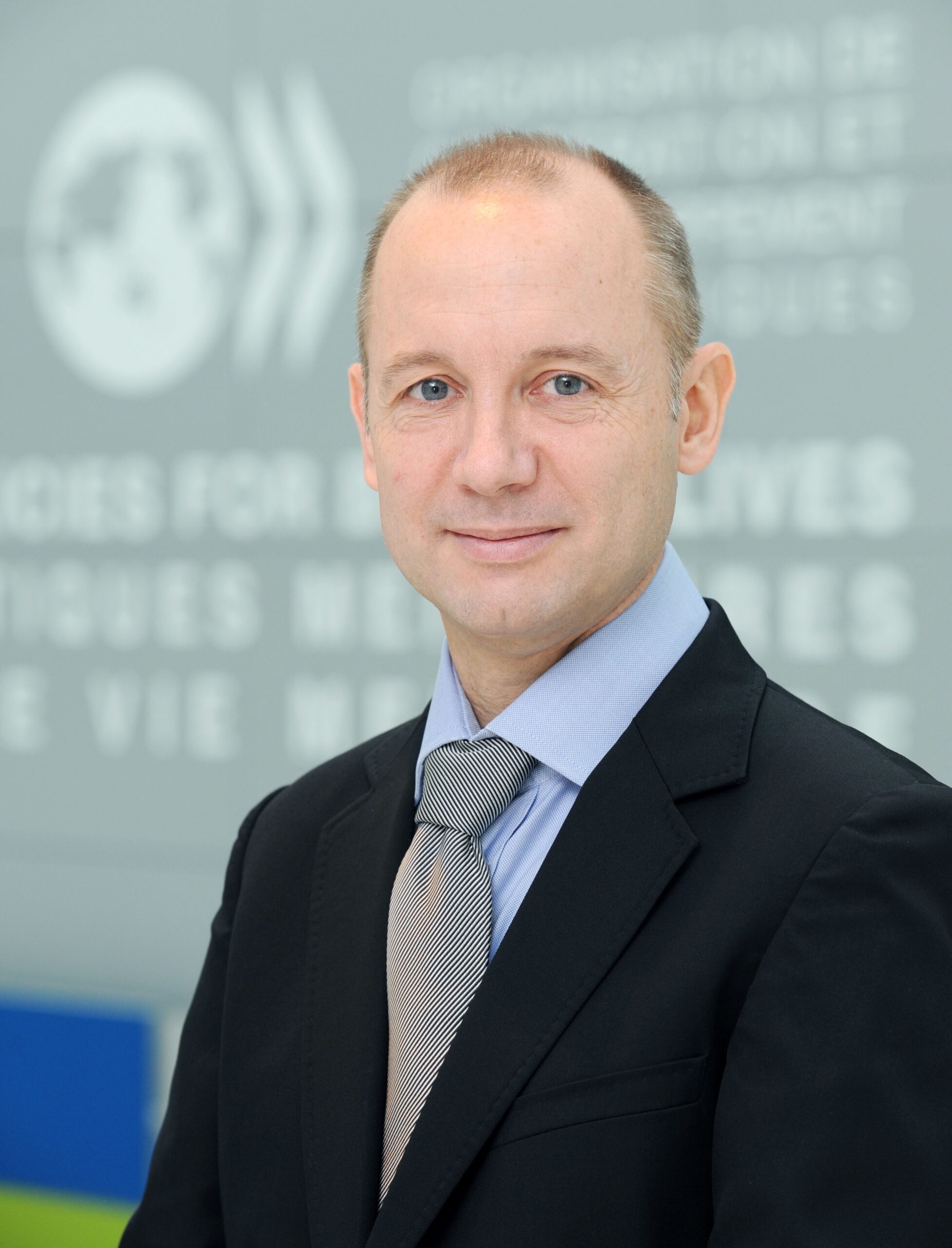
Head of the International Migration Division in the Directorate for Employment
Jean-Christophe Dumont has been the Head of the International Migration Division in the Direction for Employment, Labour and Social Affairs, OECD since 2011. He joined the OECD Secretariat in 2000 to work on international migration issues. He oversees the OECD annual flagship publication on migration International Migration Outlook and of numerous publications on the economic impact of international migration as well as on migration management and the labour market integration of immigrants and their children in OECD countries. He has also worked on migration and development issues and on the international mobility of health workers. He holds a PhD in development economics from the University Paris IX-Dauphine and was a research fellow at Laval University, Quebec, Canada.
Ray Jureidini is Professor of Migration Ethics and Human Rights at the Center for Islamic Legislation and Ethics (CILE) in the College of Islamic Studies at Hamad Bin Khalifa University, Qatar (since 2014). After teaching Sociology in several universities in Australia, he served 6 years at the American University of Beirut from 1999-2005. At the American University in Cairo from 2005-2011 he was director of the Migration and Refugee Studies program (2008-2011). In 2012-13 he was research consultant at the Qatar Foundation (QF) and one of the authors of QF’s 2013 Mandatory Standards for Migrant Worker Welfare. In 2014, his report, Migrant Labour Recruitment to Qatar was published by Bloomsbury/Qatar Foundation. He has published further on labour recruitment corruption and reform with the International Labour Organization (2016) and the International Organization for Migration (2017); wage protection systems in the GCC (2017) and Qatar (2019). He co-edited a book with Said Hassan (2020) Migration and Islamic Ethics with Brill and is currently engaged in a research project on food security and migrant labour in Qatar. He regularly consults on migration and refugee issues, migrant labour recruitment, labour supply chain evaluations and migrant labour reform advocacy.
Nader S. Kabbani is Senior Fellow and Director of Research with the Middle East Council on Global Affairs (MECGA) and a Research Fellow with the Economic Research Forum (ERF) in Cairo. Previously, Kabbani served as Senior Fellow with the Brookings Institution and Director of Research with the Brookings Doha Center (BDC). A development researcher and practitioner with over 20 years’ experience, Kabbani served in leadership positions at the Silatech Foundation and the Syria Development Research Center at the Syria Trust for Development. He also served on the faculty of the American University of Beirut (AUB) and the research staff of the U.S. Department of Agriculture and the California State Senate. Kabbani regularly serves as a consultant for international organizations and on the advisory boards of social enterprises and non-profit organizations. Kabbani holds a B.A. from Claremont McKenna College and a Ph.D. in Economics from the Johns Hopkins University.
Dr. Anna Triandafillydou as a new member of its Advisory Board. Anna Triandafyllidou holds the Canada Excellence Research Chair in Migration and Integration, at Toronto Metropolitan University. She is also the Scientific Director of a $98.4 mln multi-University and multi-partner Program entitled Bridging Divides funded by the Canada First Research Excellence Fund. Prior to joining TMU in 2019, she held a Robert Schuman Chair at the European University Institute, in Florence, Italy. She is Editor of the Journal of Immigrant and Refugee Studies. In 2021, the University of Liège awarded Triandafyllidou a doctorate honoris causa in recognition of her contribution to migration scholarship. Her recent work has appeared in the Journal of Ethnic and Migration Studies (2024, 2022), Environment and Planning A: Economy and Society (2022), Journal of Immigrant and Refugee Studies (2024, 2023); Ethnicities (2024, 2023, 2022), Comparative Migration Studies (2022, 2021), International Migration (2022, 2019), Journal of International Migration and Integration (2023), and Nations and Nationalism (2020). Her most recent authored book is What is Europe? (with R. Gropas, Routledge 2022, 2nd edition). She has recently edited the Routledge Handbook on Immigration and Refugee Studies (2022, 2nd edition) and the Handbook on Migration and Globalisation (E. Elgar, 2024, 2nd edition). Anna was part of the OECD Network of International Migration Experts from 2010 to 2018. She has co-edited with Marie McAuliffe the World Migration Report 2022. She has provided expert opinions for the Senate of Canada, Immigration Refuges and Citizenship Canada (IRCC), the European Parliament and the European Commission.
Professor of International Relations, University of Glasgow
Gerasimos Tsourapas is Professor of International Relations at the University of Glasgow, and Visiting Professor at the Hellenic Observatory of the London School of Economics and Political Science. He is also the Chair of the Ethnicity, Nationalism, & Migration Studies (ENMISA) Section of the International Studies Association, as well as the Editor-in-Chief of Migration Studies (Oxford University Press). He currently leads a European Research Council Starting Grant project (2022–27), MOBSANCT, on migration diplomacy across Europe, the Middle East, South and South-East Asia.
Dr Tsourapas is the author of The Politics of Migration in Modern Egypt – Strategies for Regime Survival in Autocracies (Cambridge University Press, 2018) and Migration Diplomacy in the Middle East and North Africa – Power, Mobility, and the State (Manchester University Press, 2021). His work has appeared in International Studies Quarterly, European Journal of International Relations, International Migration Review, International Political Science Review, Journal of Ethnic and Migration Studies, and other leading journals.
Dr Tsourapas was a Fellow at the Center for European Studies, Harvard University (2019–20) and The American University in Cairo (2013–14). He received a BA in Economics and Political Science from Yale University (2006), an MSc in International Political Economy from the London School of Economics and Political Science (2007), and a PhD in Politics from SOAS, University of London (2016).
Best wishes,
Gerasimos
